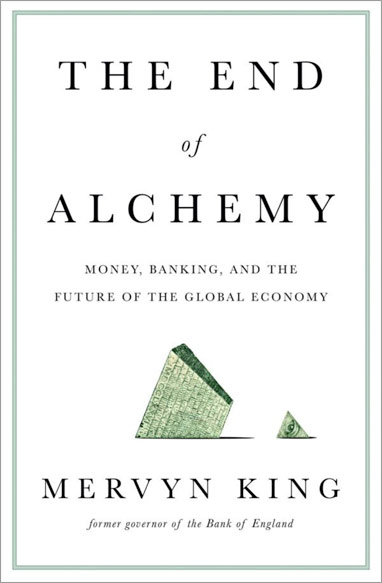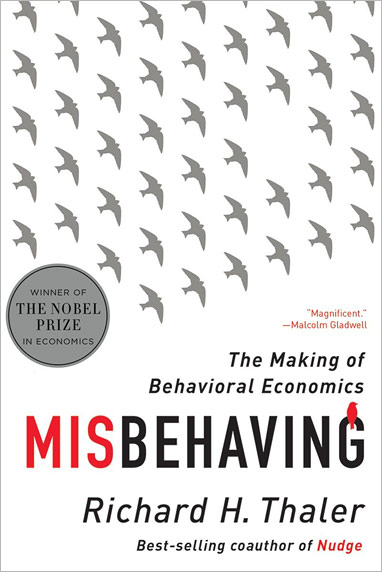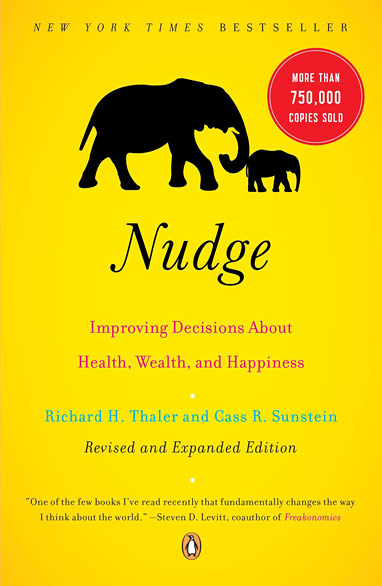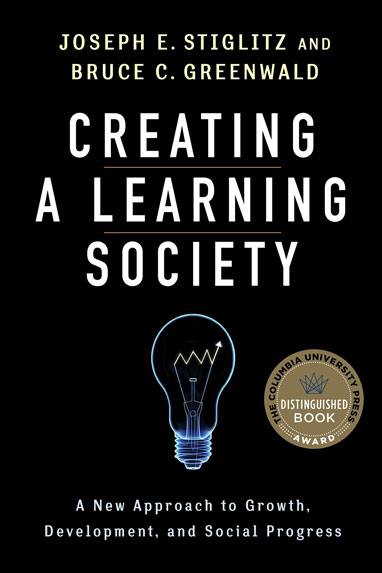The End of Alchemy: Money, Banking and the Future of the Global Economy
by Mervyn King
Something is wrong with our banking system. We all sense that, but Mervyn King knows it firsthand; his ten years at the helm of the Bank of England, including at the height of the financial crisis, revealed profound truths about the mechanisms of our capitalist society. In The End of Alchemy he offers us an essential work about the history and future of money and banking, the keys to modern finance.
Description
The Industrial Revolution built the foundation of our modern capitalist age. Yet the flowering of technological innovations during that dynamic period relied on the widespread adoption of two much older ideas: the creation of paper money and the invention of banks that issued credit. We take these systems for granted today, yet at their core both ideas were revolutionary and almost magical. Common paper became as precious as gold, and risky long-term loans were transformed into safe short-term bank deposits. As King argues, this is financial alchemy―the creation of extraordinary financial powers that defy reality and common sense. Faith in these powers has led to huge benefits; the liquidity they create has fueled economic growth for two centuries now. However, they have also produced an unending string of economic disasters, from hyperinflations to banking collapses to the recent global recession and current stagnation.
How do we reconcile the potent strengths of these ideas with their inherent weaknesses? King draws on his unique experience to present fresh interpretations of these economic forces and to point the way forward for the global economy. His bold solutions cut through current overstuffed and needlessly complex legislation to provide a clear path to durable prosperity and the end of over-reliance on the alchemy of our financial ancestors.
“Mervyn King may well have written the most important book to come out of the financial crisis. Agree or disagree, King’s visionary ideas deserve the attention of everyone from economics students to heads of state.” ―Lawrence H. Summers





